Until you value yourself, you will not value your time. Until you value your time, you will not do anything with it.
M. Scott Peck
Time is the most critical resource, and invaluable too. Completing tasks on time is essential for several reasons, both at an individual and organisational level.
Here are some takeaways, reflections, and realisations of successful leaders from Groval Selectia executive coaching programmes:
- Efficiency and Productivity: Timely completion of tasks ensures that work progresses smoothly and efficiently. It helps maintain a steady workflow, prevent bottlenecks, and ensure that resources are utilised optimally. All this helps immensely in change management programmes too.
- Meeting Deadlines: Many tasks are associated with specific deadlines, whether imposed internally or externally. Meeting these deadlines is crucial for project success, client satisfaction, and overall goal achievement. This also builds higher levels of discipline in the team.
- Quality of Work: Rushed work due to procrastination or delays can lead to a decline in output quality. Completing tasks on time allows for adequate planning, attention to detail, and the production of higher-quality results. In Change management and Organsiational development initiatives, this could be a constant parameter to assess.
- Effective Time Management: Meeting deadlines requires practical time management skills. Being able to prioritise tasks, allocate resources wisely, and stick to schedules contributes to personal and organisational success.
- Builds Credibility and Trust: Consistently delivering on time builds trust and credibility with colleagues, clients, and superiors. It establishes a reputation for reliability and competence, which is crucial for professional relationships.
- Reduces Stress: Procrastination and delays can increase stress levels. Completing tasks on time helps avoid the last-minute rush, reduces stress, and promotes a healthier work environment.
- Enhances Reputation: In a professional context, meeting deadlines and completing tasks on time contributes to a positive reputation. This can lead to increased opportunities, promotions, and a positive perception within the organisation or industry.
- Resource Allocation: Timely completion of tasks allows for effective allocation of resources, including human resources, budget, and materials. This helps prevent resource shortages and ensures the necessary tools and personnel are available when needed.
- Adaptability to Change: Completing tasks promptly provides a buffer for unexpected changes or challenges. It allows for adjustments and adaptations without causing significant disruptions to the overall timeline or project plan.
- Goal Achievement: Tasks are often part of larger projects or goals. Timely completion of individual tasks contributes to the overall achievement of these goals, helping individuals and organisations stay on track with their objectives.
Completing tasks on time is fundamental for organisational success, individual efficiency, and positive professional relationships. It fosters a productive work environment, builds trust, and contributes to the overall success of projects and goals.

